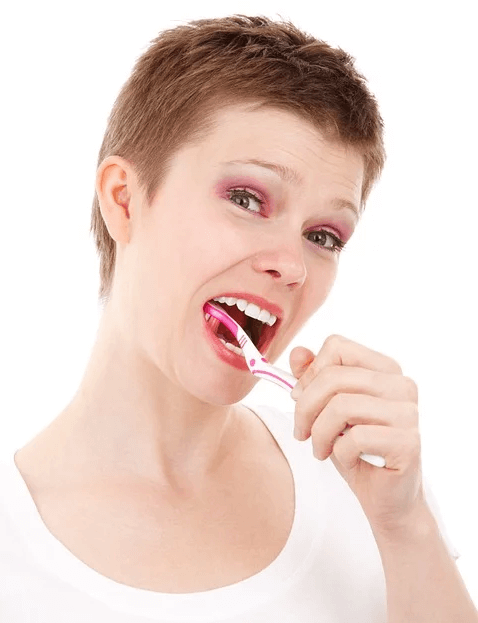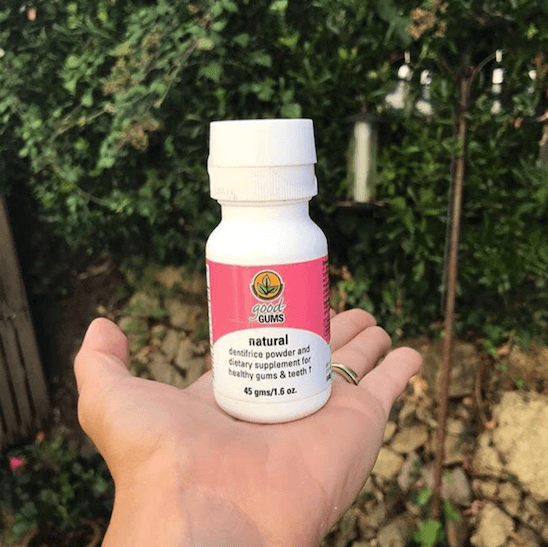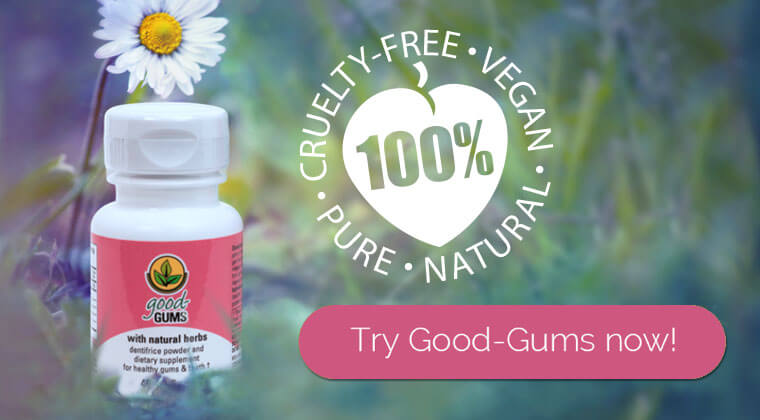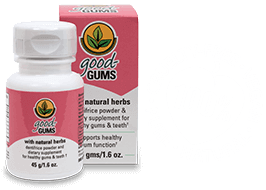How To Eat Sugar And Not Get Cavities

Are you worried that your mass consumption of mince pies and cookies on the lead up to Christmas has slowly been rotting your teeth? And are you also concerned that the holiday season is continuing to send sugar cravings to new levels at the detriment to your oral health? Well, we’ve got some good news, you can still eat your sweet treats and avoid getting cavities!
Ok, before we go on, this is not an invitation to consume a whole bag of jelly bellies in one sitting – sugar in large quantities is definitely not healthy for you, your body or your teeth and gums- but we would like to reinforce that sugar by itself, does not, in fact, cause tooth decay. Some of you may be surprised to hear that.
Would you like to know why?
Tooth decay is caused by cavity-causing bacteria already present in the mouth that process the sugar into tooth demineralizing acids, which erode the teeth. Of course, if you are consuming high levels of sugar throughout the day, without taking precautions to neutralize or rid these harmful acids, you are creating the perfect environment for this bacteria to thrive. The quicker the sugar can be removed, the less chance it will have to feed the bacteria that cause decay.
Tips for preventing cavities for sugar lovers
Brush regularly

While it may seem obvious, often people’s busy schedules get in the way of brushing as often as they should. This is why we recommend a portable or disposable toothbrush!
Portable toothbrushes are very underrated and underused, but if you have a sweet tooth and enjoy an occasional sugar binge they really could save your teeth. As we mentioned in our article, ‘Why you should never brush your teeth immediately after eating,’ it’s important to wait at least 30 minutes after you’ve eaten before brushing your teeth. This is because your teeth are at their weakest state directly after eating, due to the high levels of acids being released. This means that brushing your teeth too soon could wear away the protective layer of your teeth.
So if you’re at work or out for dinner, 30 minutes after consuming your sugary treat take a 2 minute time out to go to the restroom and brush your teeth. This will help significantly to reduce the harmful bacteria that cause plaque build-up and erode tooth enamel.
Drink more water

Water is the ultimate mouth cleaner and washes away leftover food and residue that cavity-causing bacteria love to eat.
It also fights dry mouth by keeping your saliva supply topped up.
Saliva is your first defense against tooth decay. After you eat, your saliva works to flush away food debris and normalize the pH balance of your mouth again.
Our teeth and gums rely solely on the nutrients in our saliva to efficiently remineralize dentin and tooth enamel as well as helping to neutralize mouth acids, so it’s important to have a continuous flow of saliva to keep flushing away those nasty toxins and excess sugars.
If left alone, the bacteria will turn into tooth-eroding acid, so we recommend drinking a big glass of water directly after eating something sweet to keep your mouth nice and clean and bacteria-free.
Chew Xylitol chewing gum

The act of chewing gum stimulates ten times the normal amount of saliva flow in the mouth. This increased saliva flow helps to neutralize and wash away acids that are produced when the sugars are broken down by bacteria in the mouth.
Chewing gum sweetened with the sugar-free ingredient xylitol has the added benefit of inhibiting the growth of Streptococcus mutans, one of the oral bacteria that cause cavities. Xylitol causes bacteria to lose their ability to adhere to the tooth, stunting the cavity-causing process. Research suggests that with consistent use of xylitol, the types of bacteria in the mouth begin to change, resulting in fewer tooth-eroding bacteria present on tooth surfaces.
While chewing xylitol-sweetened gum can be a good preventive measure in situations when toothbrushing isn’t practical, it should never replace good oral hygiene practices.
Use Good-Gums neutralizing mouthwash

Described as “your best friend” by Isabelle Dunkeson, creator of Good-Gums, this little pocket-sized bottle of nature’s goodness is an excellent remedy for neutralizing acids in the mouth after a sugar binge.
As Good-Gums powder dissolves in your saliva, the ingredients immediately activate releasing its gum-soothing and bacteria-fighting properties. This nutrient-rich formula goes to work right away cleansing your whole mouth in nutrifying liquid to support your body’s natural healing processes. Our all-natural tooth and gum powder is 100% natural and contains no toxic or artificial ingredients that interfere with natural healing so your teeth and gums can soothe, strengthen and heal themselves naturally.
Using Good-Gums as a mouthwash
To use Good-Gums powder as a neutralizing mouthwash, place a portion of the powder in your mouth feeling the powder quickly and easily dissolve in your mouth’s saliva, and enjoy the taste. Swish around your mouth for a couple of minutes. Many of our customers tell us that they can actually feel the ingredients work as they soften plaque, soothe irritation, soothe gums and neutralize harmful acids.
You also have the added bonus of getting your daily dose of vitamin C each time you use Good-Gums, as there’s as much vitamin C as a whole orange with every use.
After 2 minutes, spit, and voila! Your mouth is back in balance!
Good-Gums is safe to ingest so you do not need to rinse. In fact, it would be more beneficial if you do not rinse so the ingredients can continue working all day.
To try Good-Gums 2-in-1 tooth & gum powder & mouthwash please click here.
If one of your New Year’s resolutions is to cut down on sugar, then you may like to check out our article ‘5 Easy Ways To Cut Down On Sugar’.
Remember, what’s good for your gums is good for you!

Subscribe To Our Newsletter
Be the first to receive all our news, offers and natural oral health tips and articles.


